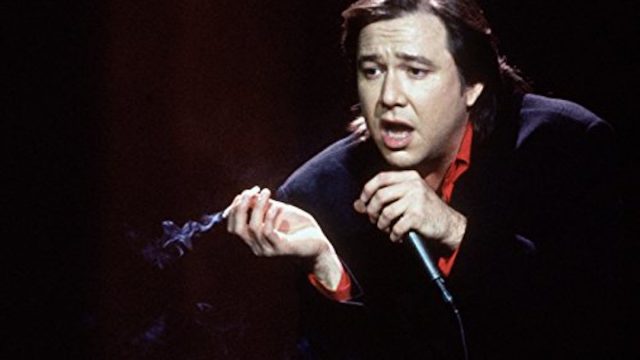Hello, my lovelies! Here’s what I found as we leave February…
On the 25th Eriq Gardner discussed how a court’s decision regarding the profits of the TV-series Bones could affect streaming shows for The Hollywood Reporter:
“In a long-running legal battle over profits from the David Boreanaz-Emily Deschanel hit, an arbitrator’s stunning decision calls out top executives Peter Rice, Dana Walden and Gary Newman and could alter the economics of hit shows in the streaming era.”
Jourdain Searles reflected on the legacy of the miniseries The Women of Brewster Place for Thrillist, also on the 26th:
“In a macro sense, television programs like The Women of Brewster Place provided black women with a safe haven from a Hollywood system that did not value their stories. Women in media, like Oprah, during the ’80s and ’90s saw a need that even black male directors seemed to ignore: Black women working and growing as artists, being at the center of thoughtful, well-made stories. By adapting pre-existing novels by black women, these films encouraged people to seek out black female literary work and recognize their importance in the larger entertainment canon.”
On the 26th, Kaila Hale-Stern looked back on the career and influence of Bill Hicks, on the 25th anniversary of his death at The Mary Sue:
“With insights that were brutal, sensitive, abrasive, uncompromising, brilliant and clear-eyed, Hicks had something for everyone—and the capacity to offend as many. Yet sentiments that urge us to pick love over fear as ‘It’s Just a Ride’ does are as timeless and important now as they were when delivered more than two decades ago. The more things change.”
Jen Chaney analyzed memory-driven TV for Vulture on the 27th:
“True Detective and other memory-driven fare aren’t necessarily trying to teach us a lesson. But if there is one to take away, it’s embedded in that Delmore Schwartz poem: Time can be a school in which we learn to cast the past in unbiased light and revisit it with the enlightened perspective that years can be generous enough to provide, if we’re willing to accept it.”
Finally, on the 28th, Kiril Doncov ranked the “10 Weirdest Characters in David Lynch Movies” over at Taste of Cinema:
“There is a reason why the English language has taken into its dictionary the term ‘Lynchian’. It has everything to do with how Lynch first and foremost treats his characters. They appear to be sucked out from the deepest vibrations of the unconscious.
The reason their “weirdness” has an impact on the average viewer is because on the collective level we all have this imagery ingrained deep inside the mind. There are things that come from the chthonic myths of all civilizations, and Lynch is just communicating them to a contemporary audience.”
Enjoy!

